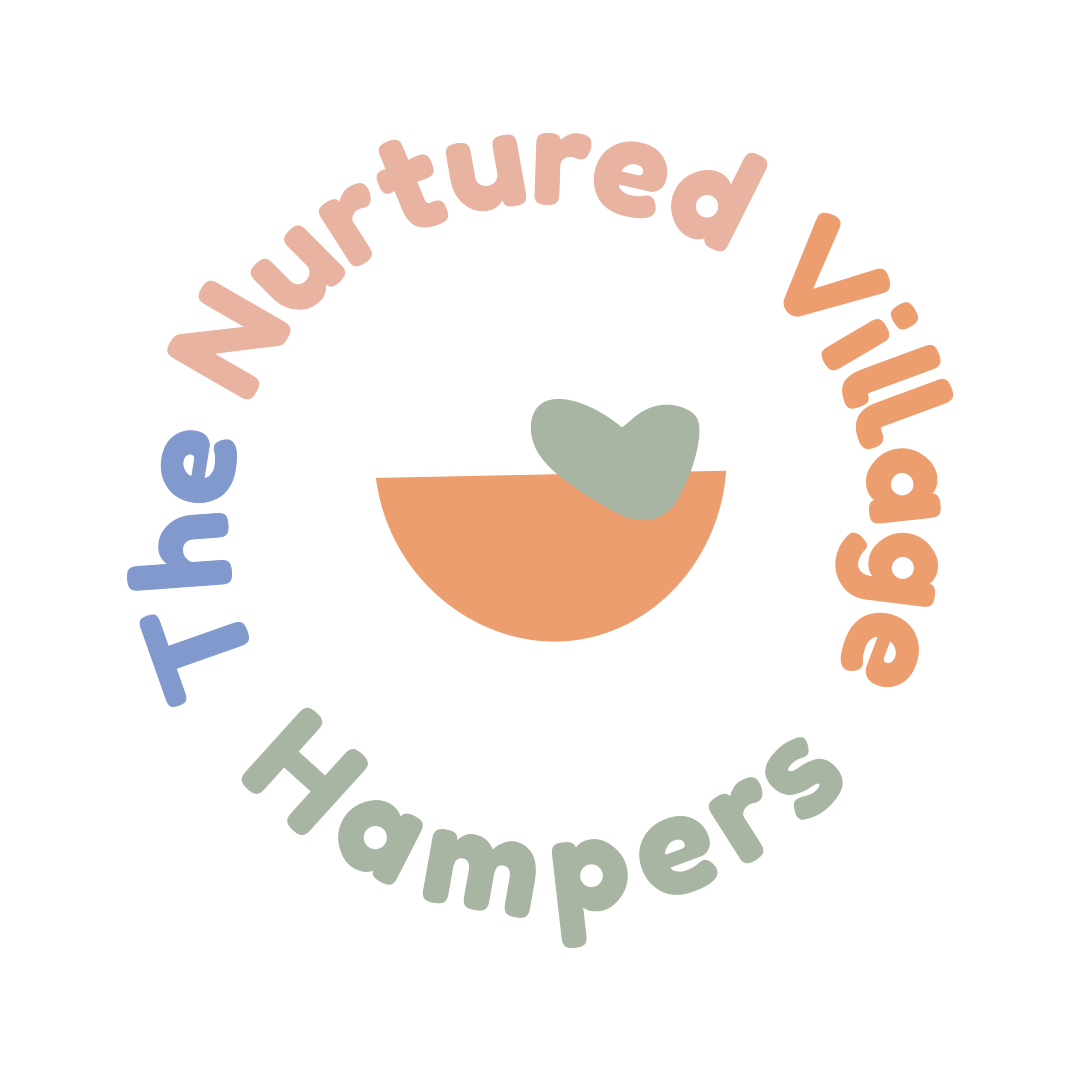
Perinatal Depression.
What is Perinatal Depression?
Perinatal depression can be experienced during pregnancy, as antenatal depression, or in the postpartum/early parenthood period, commonly known as postpartum depression. Statistics show that up to 1 in 5 mums and 1 in 10 dads in Australia are affected by postpartum depression.
Symptoms and severity of depression will vary between individuals depending on their physical, psychological and emotional make up and life experiences. However, some symptoms include:
Frequently feeling low, sad and hopeless
Experiencing “brain fog” and lack of concentration
Feeling disconnected from your baby and loved ones
Abrupt mood swings
Thoughts of self-harm, death or suicide
Persistent fatigue
Little to no interest in activities that usually bring joy
Withdrawing from loved ones and frequent arguments
Symptoms
Resources (For Mums)
-

PANDA
Perinatal Anxiety and Depression: Signs and symptoms
-

Centre of Perinatal Excellence (COPE)
Perinatal depression
-

For When
Signs Of Postpartum Depression: How To Tell If You’re Suffering
Resources (For Dads)
-

Mens Line
MensLine Australia is a free telephone and online counselling service offering support for Australian men anywhere, anytime.
1300 78 99 78
-

For When
Postpartum Depression in Dads: Symptoms, Signs & Treatment Options
1300 24 23 22
Services
-

Gidget Foundation
A not-for-profit organisation that exists to support the emotional wellbeing of expectant and new parents to ensure they receive timely, appropriate and specialist care.
1300 851 758
-

PANDA
PANDA – Perinatal Anxiety & Depression Australia – supports the mental health of parents and families during pregnancy and in their first year of parenthood.
1300 726 306
Monday-Saturday
-

For When
Connects parents that are struggling to navigate the complex waters of pregnancy and new parenthood to the critical mental health services they might need most.
1300 24 23 22 between 9.00am-4.30pm – Monday to Friday.
-

Lifeline
National charity providing all Australians experiencing emotional distress with access to 24 hour crisis support and suicide prevention services.
24/7 support line: 13 11 14

